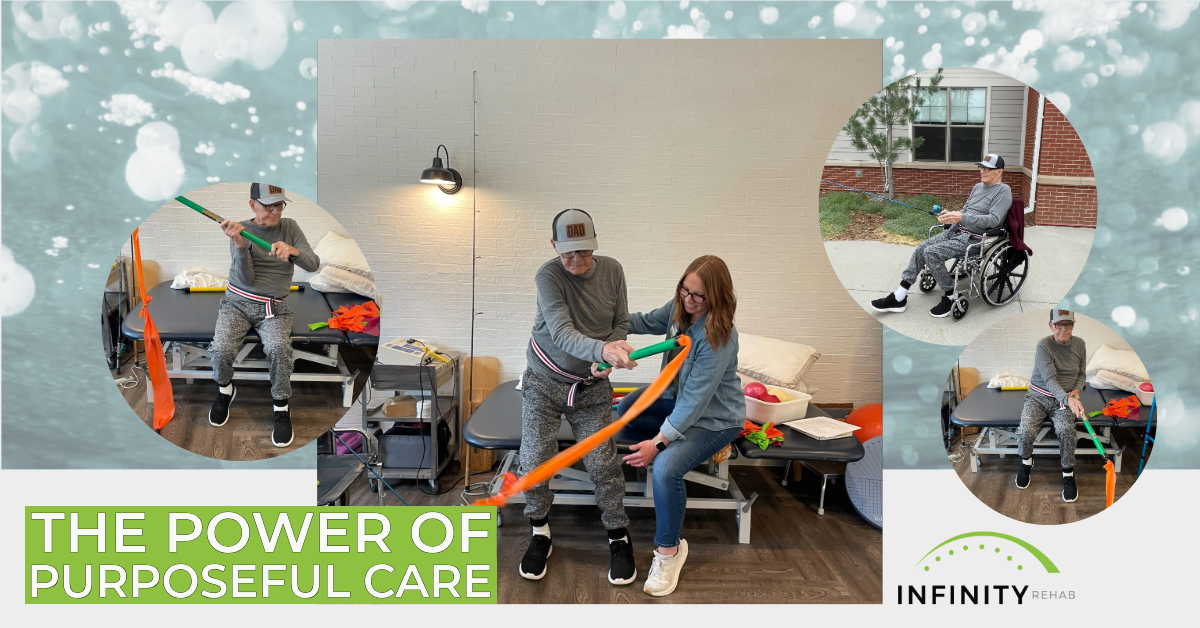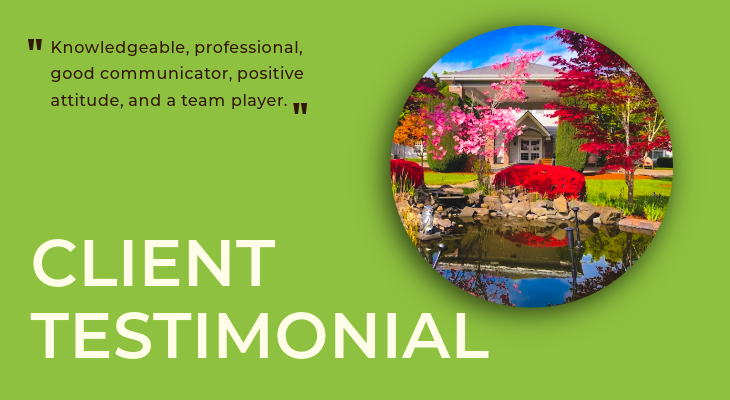During May Is Better Hearing & Speech Month,Infinity Rehab is spotlighting the importance of early detection and treatment for communication disorders in older Americans. Roughly 40 million Americans experience these disorders. Speech/language or swallowing disorders may result from medical conditions, such as oral cancer, stroke, Parkinson’s, or traumatic brain injury. Adults may also experience voice disorders or speech/language disorders that have persisted since childhood, such as stuttering. Hearing loss is among the most common conditions affecting older Americans. In fact, according to an AARP-ASHA poll that was taken in 2011, a significant percentage of baby boomers have untreated hearing loss. Hearing and balance issues are also risk factors for falls—a serious concern for the older population—that may result in significant injury or death.
Depending on a person’s specific condition, a speech-language pathologist or audiologist can assist in potentially life-altering treatment. In the case of someone with oral cancer, for instance, a certified speech-language pathologist can deliver treatment that includes helping the person get used to the differences in the size, shape, and feel of the mouth. The speech-language pathologist will teach the person how to produce speech sounds more clearly and develop better control over weakened muscles in the throat or palate. If swallowing is an issue, treatment can vary from simple changes in food consistency to exercises for weak oral muscles to learning totally new ways to swallow. In many cases, improvement is evident within several months.
In the case of hearing loss, millions of Americans experience this in at least one ear. Hearing disorders are complex conditions with medical, psychological, physical, social, educational, and employment implications. They should be diagnosed and treated by an audiologist. Treatment options include hearing aids and other assistive technologies that meet a host of different medical needs and preferences, as well as aural/audiologic rehabilitation. Although many people may think of hearing aids as the singular answer to hearing issues, other interventions may be appropriate. This is why receiving a comprehensive evaluation by an audiologist is essential.
Many people have outdated perceptions of hearing aids (and hearing loss in general) that may lead them to delay treatment for years or forgo it altogether. Among adults ages 70 and older with hearing loss who could benefit from hearing aids, fewer than one in three (30%) have ever used them. Even fewer adults ages 20 to 69 (approximately 16%) who could benefit from wearing hearing aids have ever used them, according to the National Institute on Deafness and Other Communication Disorders. Untreated hearing loss is associated with anxiety, depression, reduced quality of life, and even earlier onset of dementia—all of which support the critical importance of early diagnosis and treatment.
Family members and friends can assist a loved one with a communication disorder in numerous ways, including providing assistance with finding a provider and accompanying him or her to appointments. There are also everyday things a family member or friend can do to help make the communication process easier for an older person who may have speaking or hearing challenges.
- Reduce background noises that may be distracting (e.g., turn off the radio or TV, close the door, or move to a quieter place).
- Stick to a topic. Avoid quick shifts from topic to topic.
- Allow extra time for responding. Don’t hurry the person.
- Be an active listener. Look for hints from eye gaze and gestures. Take a guess (e.g., “Are you talking about the TV news? Yes? Tell me more. I didn’t see it.”)
More tips for communicating better with older people are available at www.asha.org/public/speech/development/Communicating-Better-With-Older-People/.
For more information about communication disorders, visit https://IdentifytheSigns.org.







